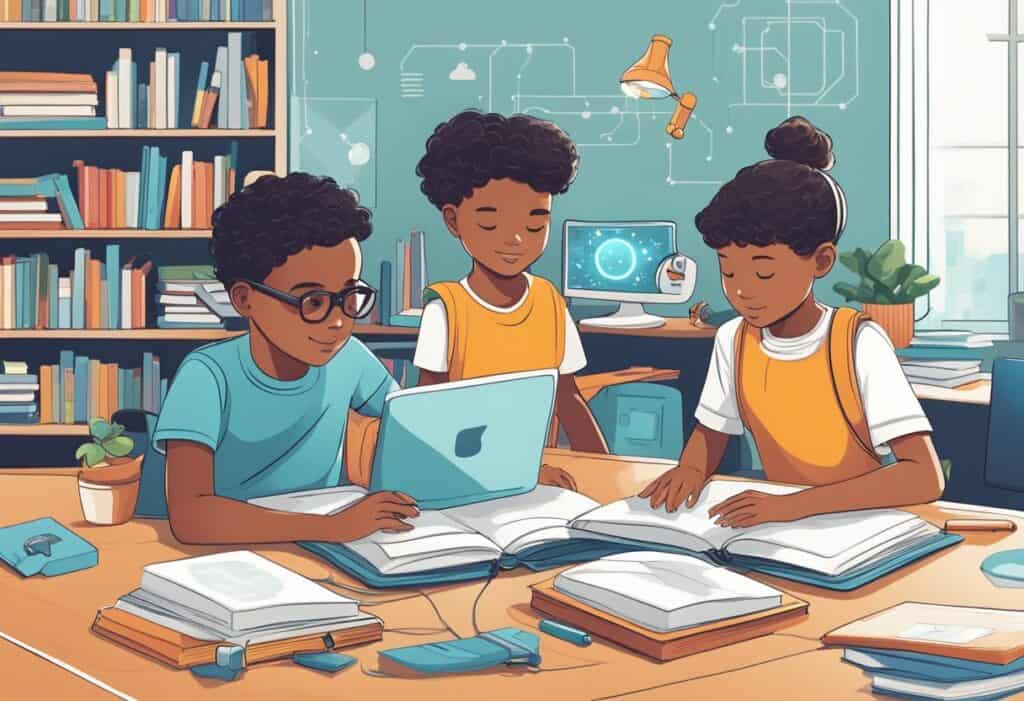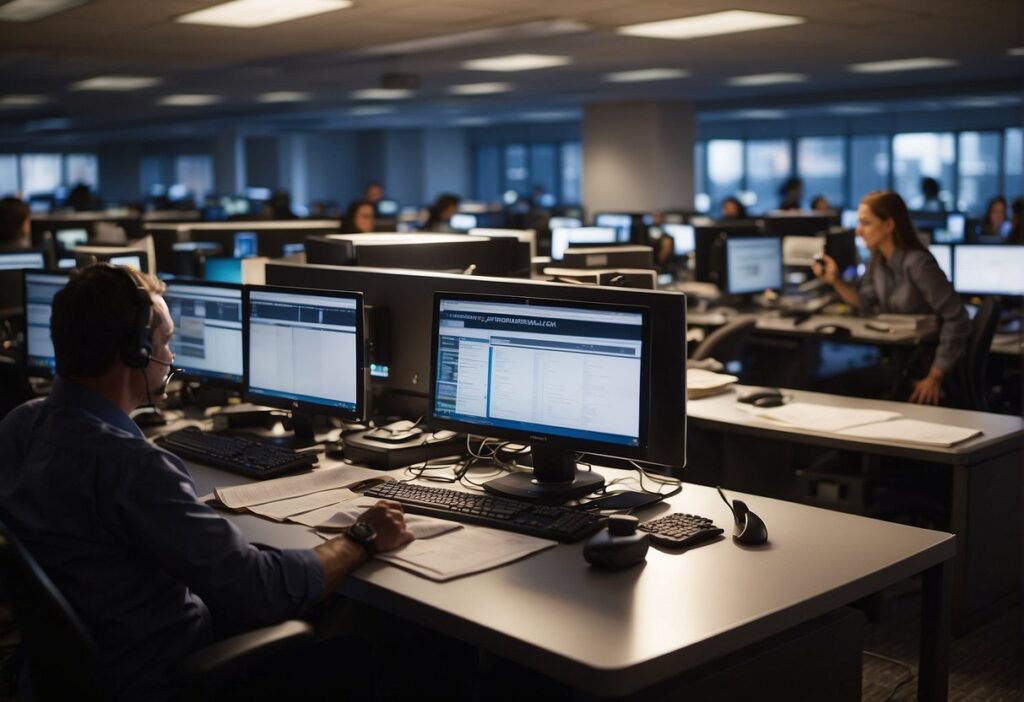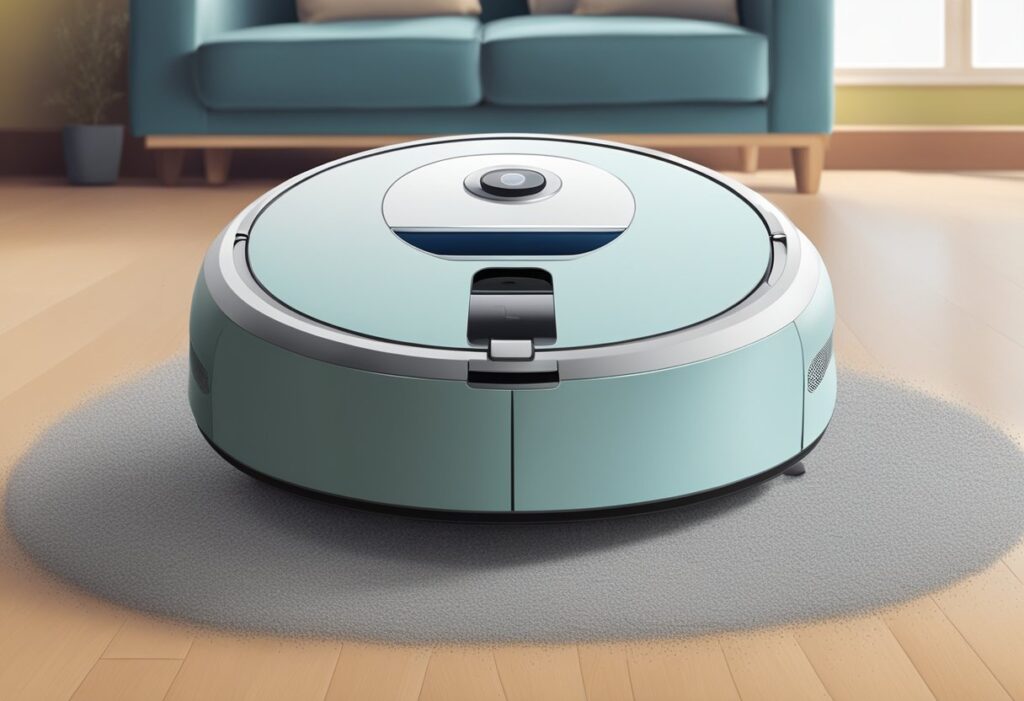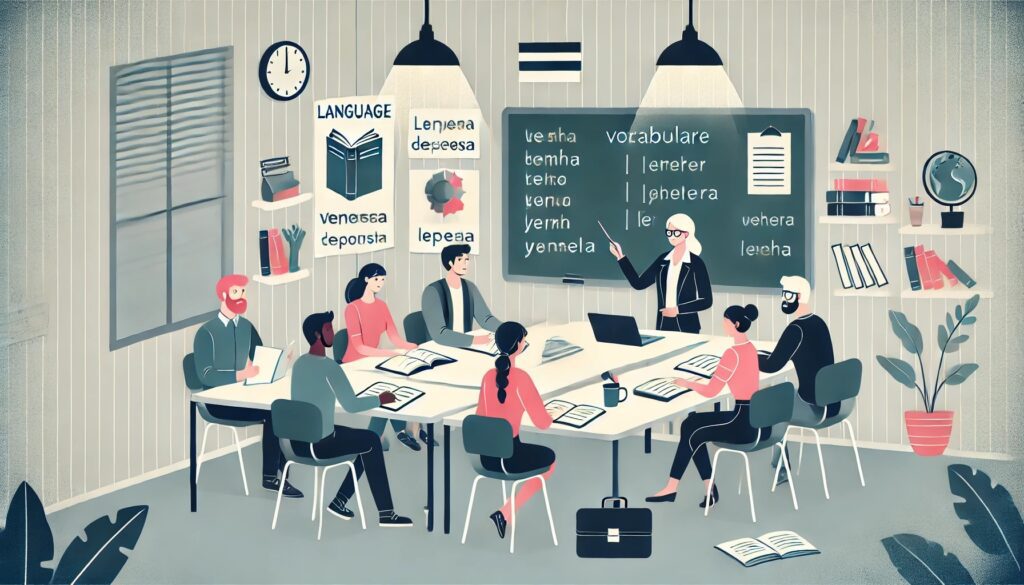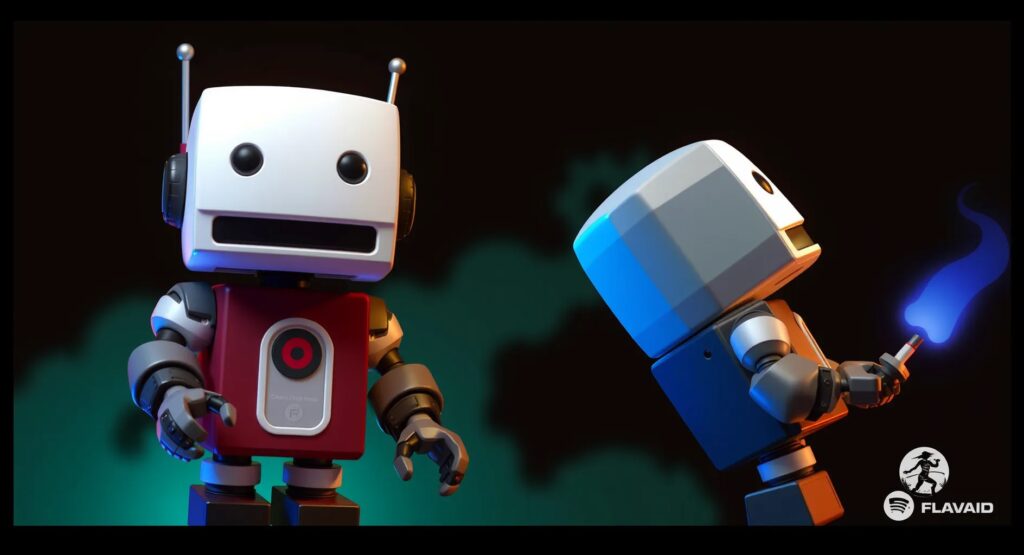
BFF: The Evolution of Friendship in a Digital World
In the not-so-distant past, friendship was defined by face-to-face interactions, shared experiences, and mutual support. However, the rise of digital communication has radically transformed the way we connect with others. From text messages to social media, technology has bridged distances and created new avenues for relationships. Now, as we stand on the brink of a new era, the question arises: could your next best friend be a robot?
The Rise of Social Robots
Social robots, designed to interact with humans in a natural and engaging manner, are no longer a figment of science fiction. With advancements in artificial intelligence (AI) and machine learning, these robots are becoming more sophisticated, capable of understanding emotions, responding to complex queries, and even holding meaningful conversations. Companies like SoftBank Robotics and Boston Dynamics are leading the charge, developing robots that can not only perform tasks but also offer companionship.
Why Robots Could Make Ideal Friends
There are several reasons why a robot might become your next best friend forever (BFF). First, robots are programmed to be non-judgmental and endlessly patient. They don’t tire of listening, and they never interrupt or impose their opinions. This can be particularly comforting in a world where humans often feel misunderstood or judged.
Moreover, AI-driven robots can adapt to your preferences and needs, making them highly personalized companions. They can learn your favorite activities, hobbies, and even your sense of humor, creating a connection that feels incredibly authentic.
The Benefits of Robot Companionship
The potential benefits of robotic friendship are immense. For those who suffer from loneliness or social anxiety, a robot friend could provide much-needed comfort and interaction without the stress that sometimes accompanies human relationships. Robots can offer a safe space for individuals to express their feelings, practice social skills, or simply enjoy unconditional companionship.
Additionally, robots can help bridge the gap between generations. For the elderly, who may struggle with isolation, a robot friend can provide daily interaction, reminders for medication, and even physical assistance, enhancing their quality of life.
The Emotional Bond: Is It Real?
One of the most debated aspects of robotic friendship is the nature of the emotional bond. Can a relationship with a machine ever be as fulfilling as one with a human? The answer is complex. While robots can mimic human emotions and responses, they do not possess consciousness or true empathy. However, many argue that the emotional connection we feel is based on perception rather than the authenticity of the source.
As long as the interaction feels real and meets our emotional needs, the friendship can be just as meaningful. In fact, studies have shown that people can form deep emotional bonds with robots, even when they know it’s not a living being.
Ethical Considerations: A New Frontier
The idea of robotic friendship also raises ethical questions. What are the implications of forming emotional bonds with machines? Could this lead to emotional dependency or even a detachment from human relationships? It’s crucial to navigate these concerns as we integrate robots more fully into our lives.
Moreover, there are concerns about data privacy and the potential for misuse of personal information by companies that produce these robots. Ensuring that these machines are safe and their use is regulated will be key to a future where robots can be trusted as companions.
The Future of Human-Robot Relationships
As robots become more advanced, the line between human and machine relationships will continue to blur. In the future, we might see robots playing roles not just as friends but also as mentors, counselors, or even family members. The potential for these relationships to enhance our lives is immense, but it will require careful consideration of the ethical and emotional implications.
How to Embrace This New Era
For those curious about embracing a robotic BFF, the transition can be surprisingly seamless. Many social robots are designed to integrate into your daily life effortlessly. Start by identifying what you seek in a companion—whether it’s conversation, assistance, or simply a non-judgmental presence. With this in mind, explore the options available and find a robot that aligns with your needs.
Robots and Human Connection: Complementary, Not Replacement
It’s important to note that robotic friendships are not meant to replace human connections. Instead, they offer a complementary relationship that can enhance our emotional well-being. The key is to strike a balance, ensuring that our relationships with robots do not detract from our human interactions but rather add another layer to our social lives.
Conclusion: A New Kind of Best Friend
The idea of a robot BFF might have seemed outlandish a few decades ago, but today, it’s a possibility that’s becoming more tangible. As technology continues to evolve, so too will our relationships with machines. Whether you’re excited or apprehensive about this future, there’s no denying that robots have the potential to redefine what friendship means in the digital age.
In the end, the choice will be yours: will you welcome a robot into your circle of friends? Only time will tell, but one thing is certain—the future of friendship is bound to be as innovative and exciting as the technology that drives it.
FAQs:
Can robots really be friends with humans?
While robots lack emotions, advancements in AI allow them to mimic understanding, providing companionship and fulfilling some aspects of friendship.
What are the benefits of having a robot as a friend?
Robot companions can offer constant support, help alleviate loneliness, and provide personalized interaction based on your preferences and needs.
Will robots replace human friendships?
Robots are unlikely to replace human friendships but can complement them, offering additional companionship, especially for those who feel isolated.
How do AI and robotics create connections with humans?
AI and robotics use advanced algorithms, natural language processing, and machine learning to interact with humans in ways that feel personal and responsive, simulating the experience of friendship.
What types of robots are designed to be friends or companions?
Companion robots come in various forms, from humanoid robots that can engage in conversation to smaller devices designed to offer emotional support or assist with daily tasks.
Are there any ethical concerns about forming friendships with robots?
Yes, there are ethical concerns, including the potential for dependency on robots, the impact on human relationships, and the question of whether robots can truly fulfill the emotional needs of humans.
How do robot friendships differ from human friendships?
Robot friendships are primarily based on programmed interactions, lacking the emotional depth and spontaneity of human relationships. However, they can offer consistent companionship and personalized experiences.
What role does AI play in making robots seem like real friends?
AI enables robots to understand and respond to human emotions, learn from interactions, and adapt their behavior over time, making them appear more lifelike and capable of forming bonds.
Can robots help combat loneliness in society?
Yes, robots are increasingly used in settings like elder care and for individuals with social anxiety to provide companionship and reduce feelings of loneliness.
Are there any real-life examples of people forming close bonds with robots?
Yes, there have been instances where people, especially the elderly or those with social difficulties, have formed close bonds with companion robots, finding comfort and connection in their interactions.
Will children growing up with robot friends view relationships differently?
Children growing up with robot companions might develop different expectations for relationships, potentially valuing constant availability and personalized interaction, but they may also need guidance in understanding the difference between human and robotic friendships.
Explore more about the future of robotic companionship and its implications here.
